
There are many other questions to ask flooring contractors that you may not have thought of before. Flooring questions are important to the success of your new floors.
When you hire a flooring contractor, the first question you should ask is what questions to ask about their experience and background. You need to know how long they have been in business as well as what type of experience they have in flooring installation. A good way to check out their past experience is to call around several local businesses and ask for references and testimonials.
In addition to getting the name of the contractor, you may want to ask about their previous experience and education. Find out what type of training and schooling they have had in the flooring field. It is important that you know what kind of experience they have had as a flooring contractor as this can make a big difference in your final decision. You can ask for references and reviews from business owners or clients. They may be able to give you insight into how the contractor operates.
A flooring contractor can help you achieve a professional look for your home, office, or business. You should have several options to choose from. Each one offers different benefits and makes different styles of flooring. Ask questions to make sure you know exactly what you are getting for your money. Following these simple guidelines will help you make the best decision for you and your floors.
This is really important not only because it’s a signal of how trustworthy and legal your contractor is, but also, if something goes wrong, you want to know that they are covered. In many states, contractors are required to include their license numbers on their business cards. You can look up this number online or call your local consumer protection agency. Knowing this information will tell you if your installer is trustworthy and has taken the necessary steps to conduct their business legally.
Ask for at least 3 references and call them. Alternatively, you could search online to see if you can find any references for a contractor. Do some research and search for your installer online on sites such as Yelp, Angie’s List, and Google reviews. Keep in mind that most installers will have a few complaints. While this is normal and not a reason to discount an installer, it’s important to see if those complaints were valid and if they were addressed by the installer.
Hardwood flooring is a big investment so make sure you choose an installer who will back up their own work. Typically the luxury vinyl flooring you purchase comes with a limited manufacturer warranty. Aside from the product warranty, most commercial flooring contractors offer a one-year warranty that covers their installation, though some offer extended warranties. You’ll want to know what warranties they offer and what exactly is covered by them.
If you have more than one flooring installation happening at once, being able to consult one contact for all your projects will help to simplify the process. Having a commercial flooring installer who has additional branches of their own business or can recommend another installer will save you time and possibly money.
This is extremely important information to know. Not only will it allow you to have a reasonable expectation for the timeline of the project, but you can also make any necessary plans on your end. Ask for information on how the project will progress including lead times for the product (when it will be delivered, the length of the acclimation process) and if they will skip any days throughout the project duration (some days may be taken off as the product dries, if the crew doesn’t work on certain days of the week, etc.).
As a general rule, it is a red flag when a flooring installer requests payment before any work has been completed. There are exceptions to this, of course (for example, if the installer needs to pick up materials such as glue or moldings for the job). Generally, flooring installers require a deposit on the first day of work and the rest upon project completion.
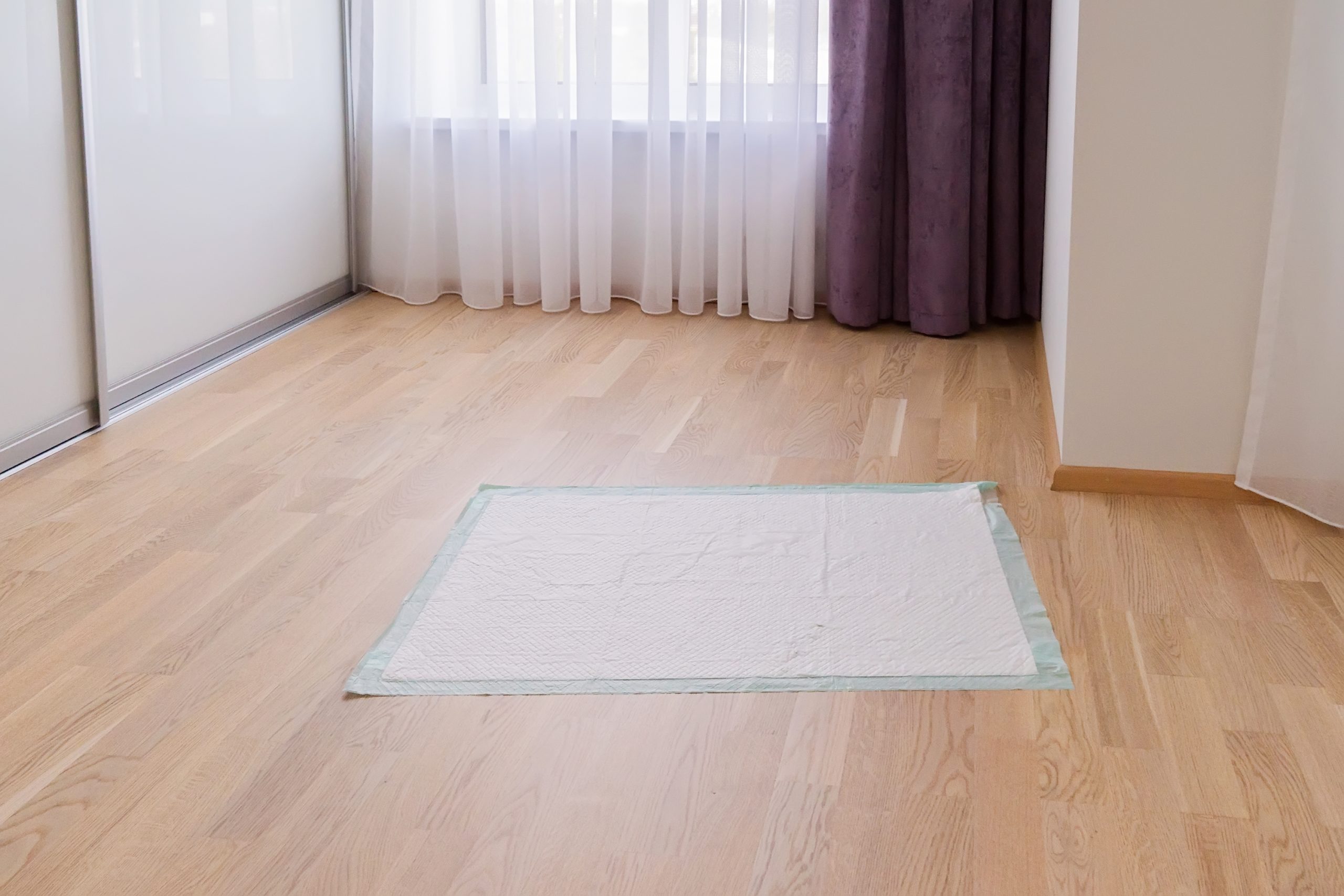
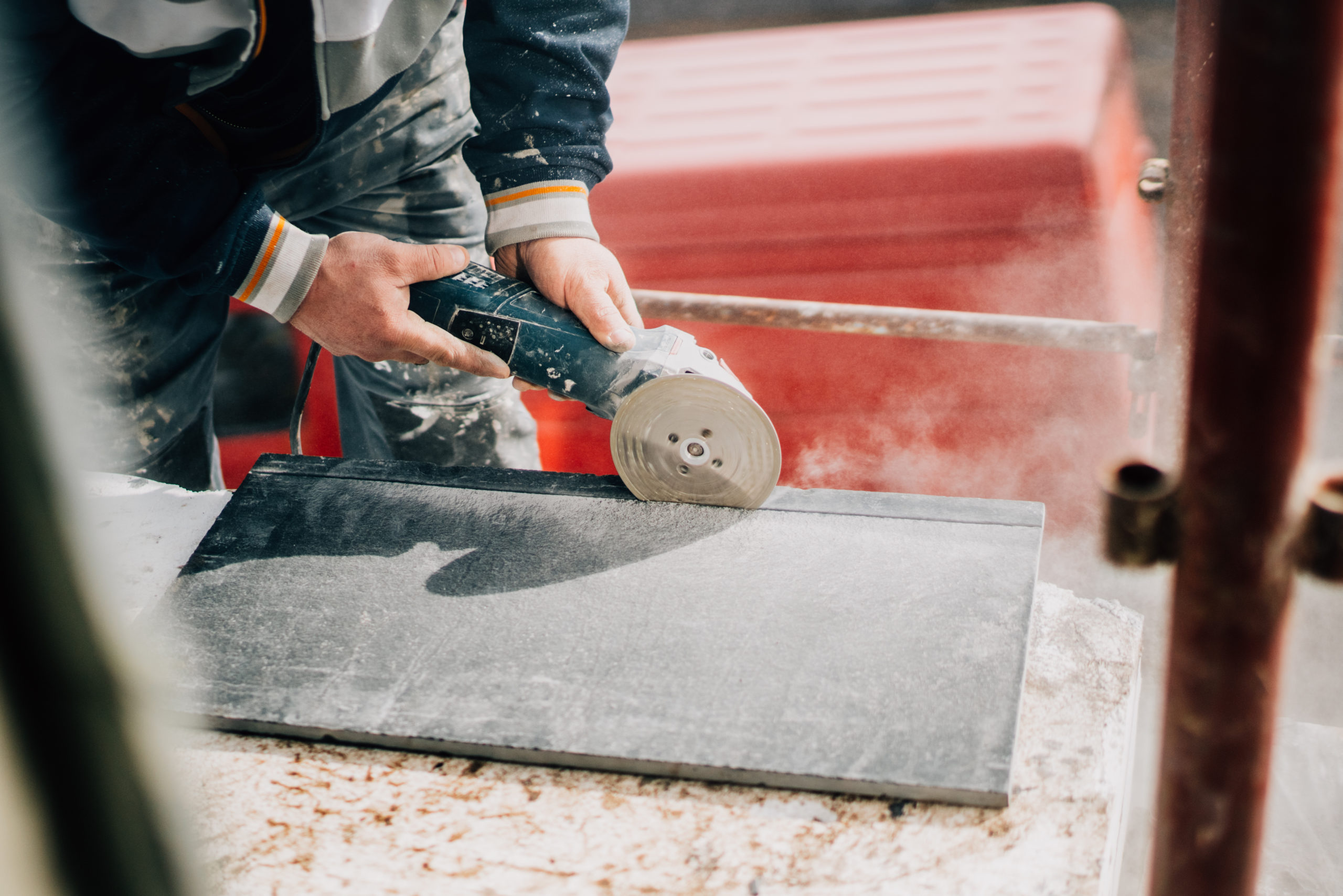
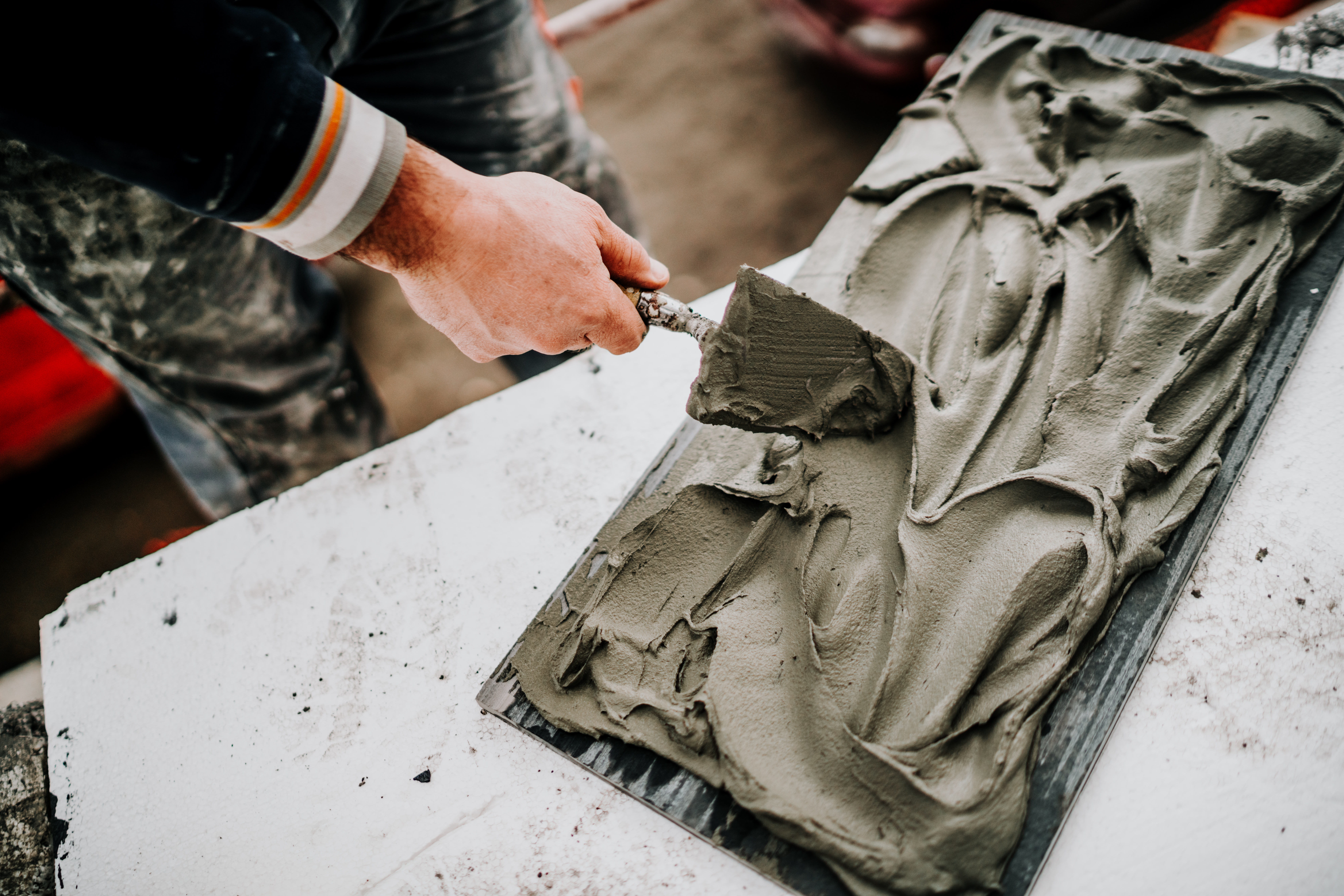
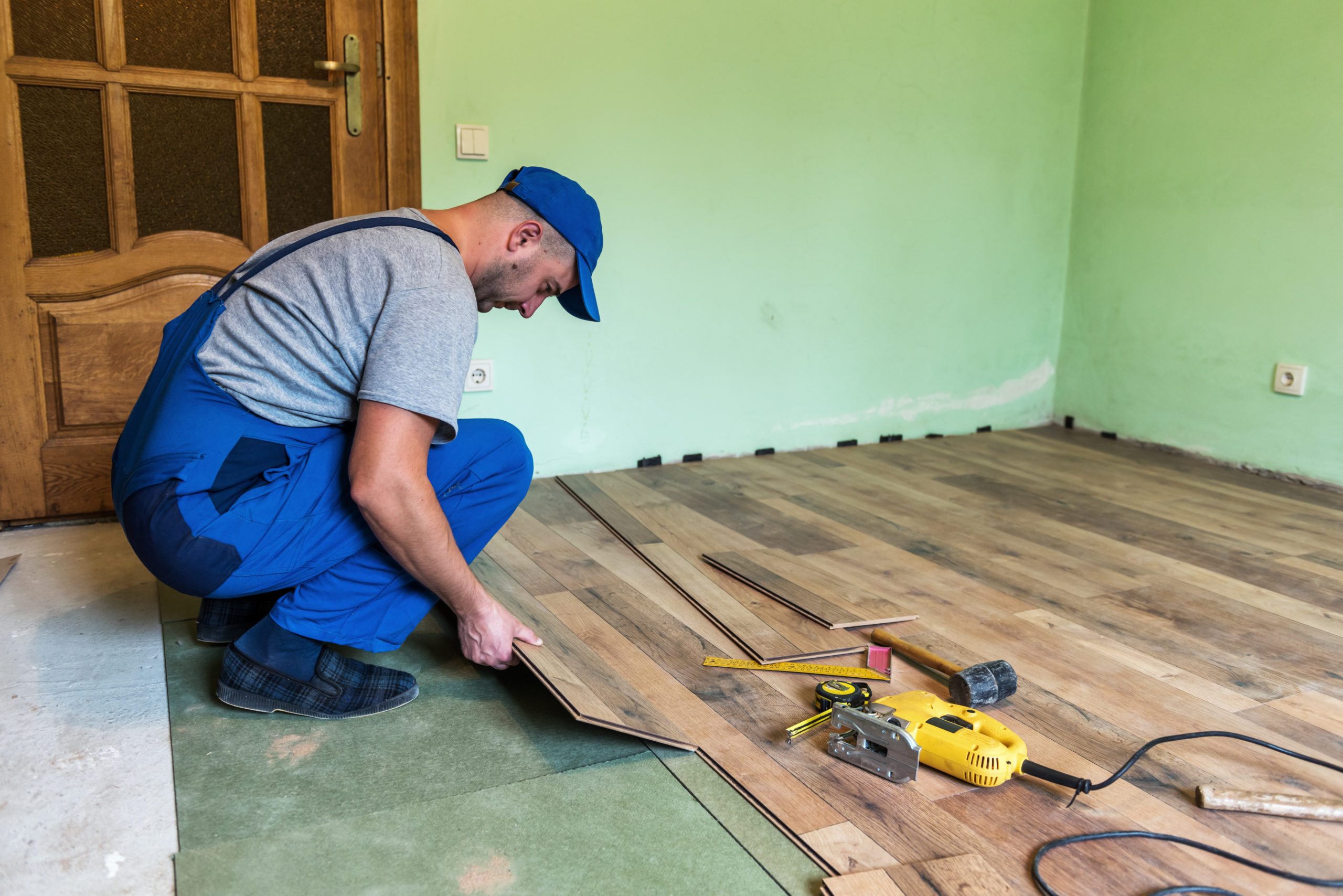
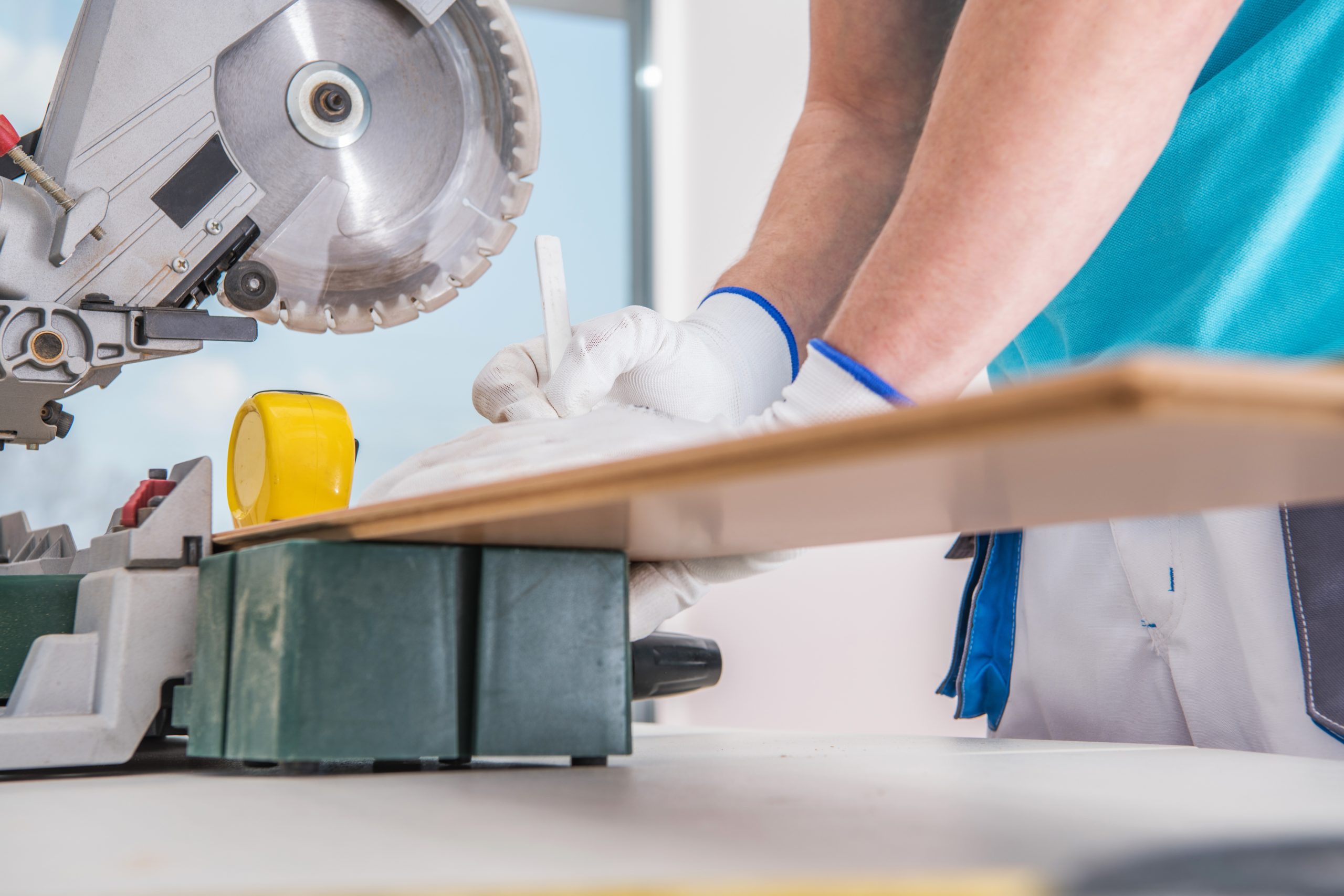
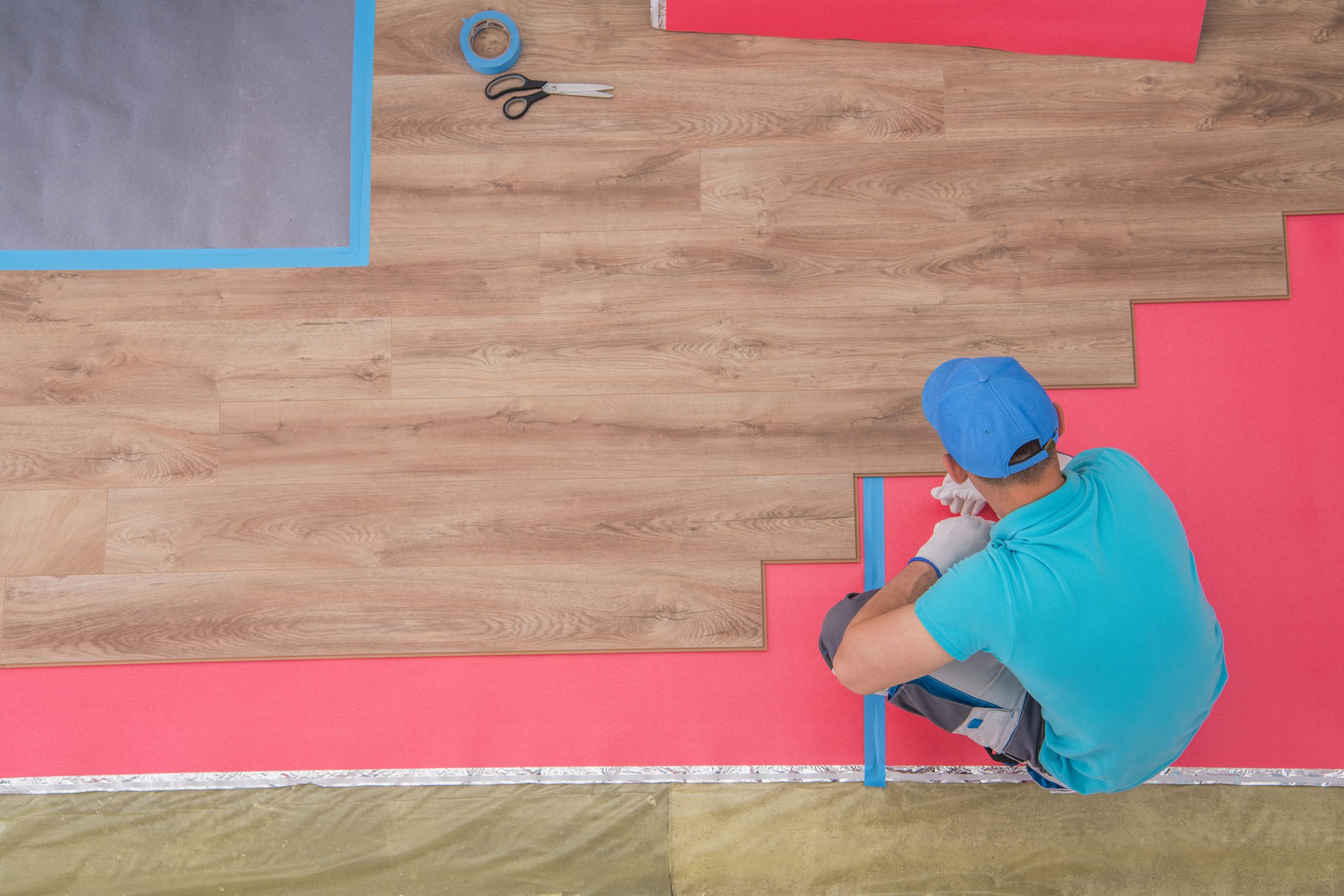



Charlotte Flooring Installation Genius
© Copyright 2020 -All Rights Reserved by BizBitz